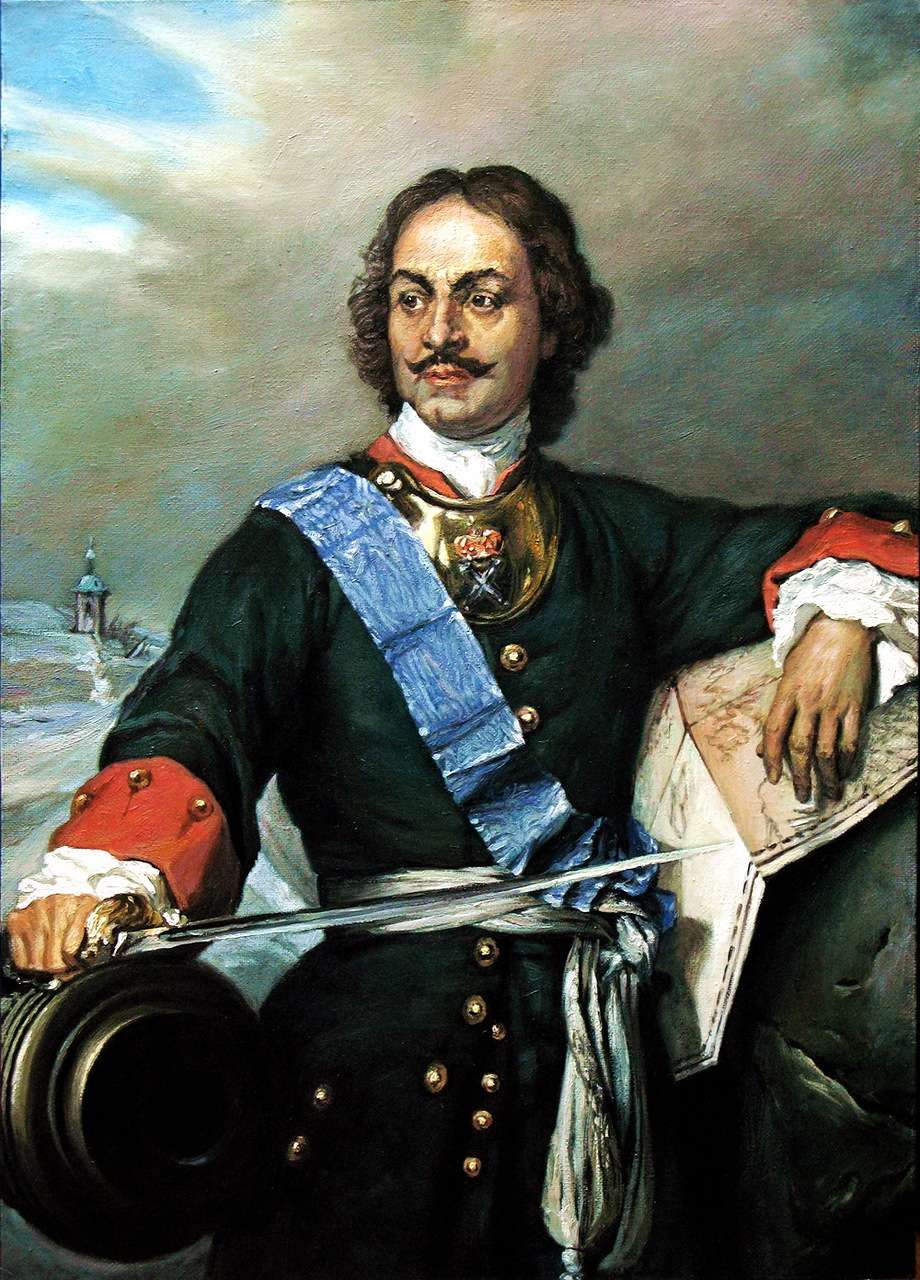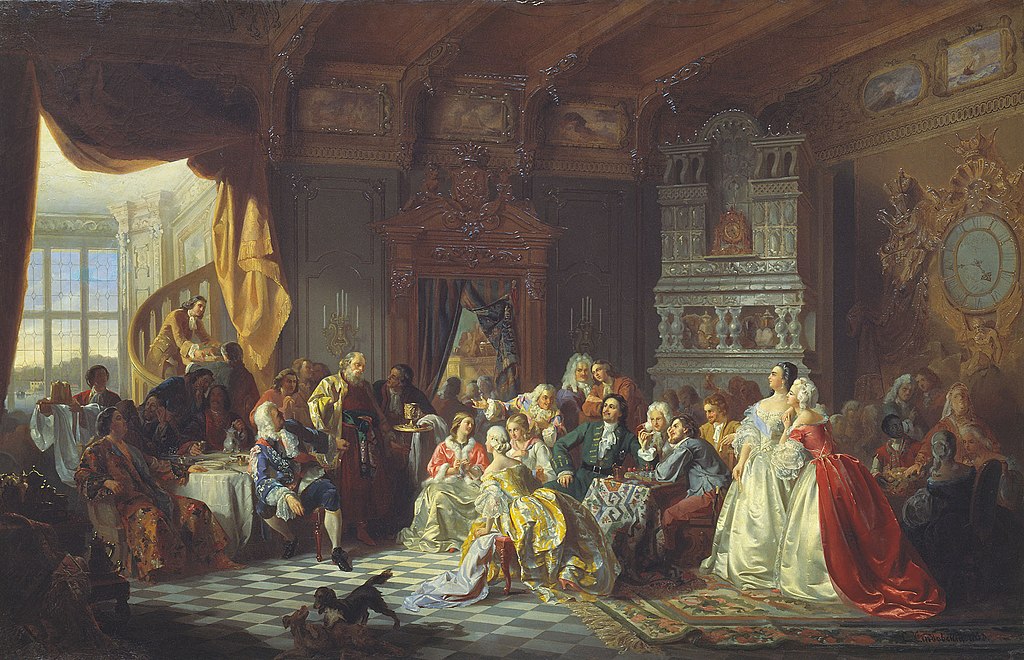Arseny Morozov Mansion
16.02.2016The Boyars’Beards
17.02.2016Education and Culture under Peter the Great
Education under Peter the Great
Peter the Great основал Высшую морскую школу (founded the Naval Cadet Corps.), which later стала Морской академией (became the Naval Academy) in St. Petersburg. He also created schools in different cities all over Russia to teach children чтение (reading), письмо (writing), математики (mathematics) and other sciences. In Moscow, специальная Медицинская школа (a special School of Medicine) was opened. Children of noblemen and merchants were sent abroad to learn various sciences.
In 1724, a order was issued by Peter the Great for the creation of the Russian Academy of Sciences. But the Tsar will die before the achievement of the building.

Culture under Peter the Great
The Tsar also ordered new типография (printing press) to be built in Moscow and St. Petersburg, allowing the printing of books, school books and maps. He also signed a decree for the establishment of a new Russian newspaper in 1702. That year, in Russia, appeared the first printed newspaper “Ведомости” (The Bulletin).
Significant breakthroughs were achieved in geography and geology. Maps of Siberia and the Northern Seas were drawn. Russian explorers came back from Siberia with incredible treasures. Peter the Great decided to build a museum, the famous Кунсткамера (Kunskamerа) or Кабинет редкостей (Cabinet of Curiosities), to display the amazing items from old Russian culture. The Kunskamera is the first public museum in Russia.
It is also during his reign that the first theatre opened its doors to everybody, noblemen as well as ordinary people, first in Moscow and then in St. Petersburg.
Peter the Great and Europe
The Tsar brought many европейские обычаи (European customs) to Russia. Men and Women of the royal court had to be dressed with the latest European style. Peter the Great also organised special evenings for the nobility. These evenings were called ассамблеи (Assemblies). Men, but also women could come to these assemblies, which was a big change as it never happened before. Guests could exchange ideas, play different games and danced. A special guide for the attention of young people was printing, listing the rules of good behaviour.

In 1700, by order of the Tsar, Russians began to celebrate New Year on January 1st, and not on September 1st, as it used to be until then.
Life in Russia changed significantly after the reign of Peter the Great. New, western traditions replaced old Russian ones.
Ирина Антонова
 ENROLL!
ENROLL!